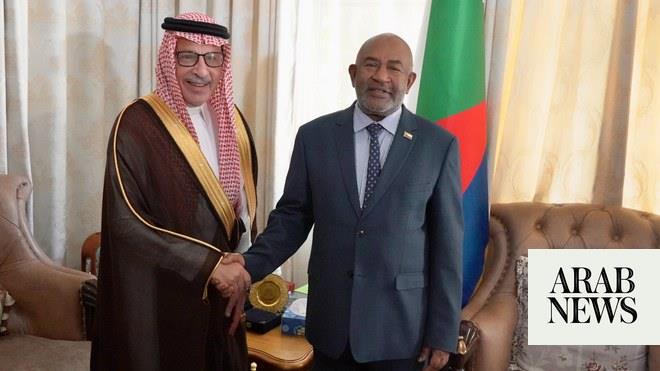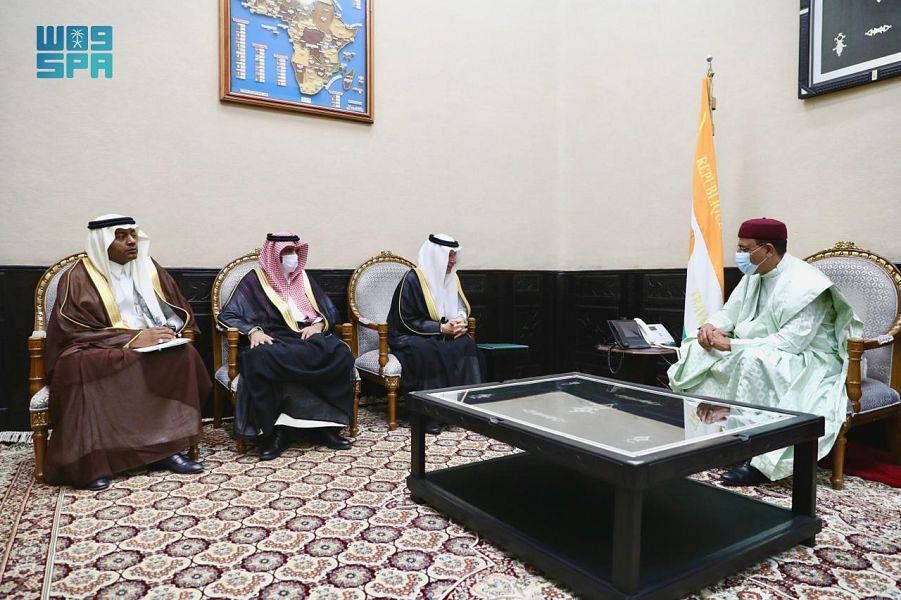
WASHINGTON/TUNIS — US National Security Advisor Jake Sullivan spoke on Saturday with Tunisian President Kais Saied during which in an "hour-long" discussion, conveyed President Joe Biden"s "strong support for the people of Tunisia and for Tunisian democracy based on fundamental rights, strong institutions and a commitment to the rule of law."
"In this spirit, the call focused on the critical need for Tunisian leaders to outline a swift return to Tunisia"s democratic path," National Security Council (NSC) Spokesperson Emily Horne said in a statement.
The statement added that Sullivan underscored that "this will require rapidly forming a new government, led by a capable prime minister to stabilize Tunisia"s economy and confront the COVID-19 pandemic, as well as ensuring the timely return of the elected parliament."
"As Tunisia"s leaders answer the widely expressed demands of Tunisians for improved standards of living and honest governance, the United States and other friends of the Tunisian people stand ready to redouble our efforts to help Tunisia move toward a secure, prosperous, and democratic future," the statement concluded.
Meanwhile, Tunisia"s president promised on Friday he would not turn into a dictator, as two parliament members were arrested following his decision to lift their immunity when he seized control of government this week.
Tunisia has been thrust into a political crisis when Saied dismissed the prime minister and froze parliament for 30 days, leading major parties to accuse him of a coup, Reuters reported.
Saied has yet to carry out steps that critics say are needed to reassure Tunisians, including the appointment of an interim prime minister and a road map to end the emergency measures.
"I know the constitutional texts very well, respect them and taught them and after all this time I will not turn into a dictator as some have said," the presidency quoted the former law professor saying.
Concerns over rights and freedoms in Tunisia, a democracy since the 2011 revolution, rose on Friday after the arrest of parliamentarian and influential blogger Yassin Ayari and the announcement of investigations into alleged violence by people protesting Saied"s actions during a demonstration on Monday.
The military judiciary said Ayari had been imprisoned by a judicial ruling issued three years ago for defaming the army. Saied on Sunday removed the immunity of parliament members, leaving any with cases against them vulnerable to arrest.
Another member of parliament, Maher Zid of the conservative Muslim Karama party, was detained late on Friday, according to his lawyer, after being sentenced to two years in prison in 2018 for offending people on social media and insulting the then president.
On Monday, the biggest party in parliament, the moderate Islamist Ennahda, held a sit-in outside parliament after it was surrounded by the army. Hundreds of supporters of Ennahda and Saied confronted each other, some throwing stones or bottles.
The judiciary said it had opened investigations into four people linked to Ennahda for "attempting to commit acts of violence" during the protest, including a member of a party council and two members with connections to its leader.
Saied"s move to seize executive control appears to have widespread popular support in Tunisia, where years of misgovernance, corruption, political paralysis and economic stagnation have been aggravated this year by a deadly surge in COVID-19 cases.
The United States on Friday delivered 1 million doses of the Moderna vaccine to Tunisia through the Covax program, the US embassy in Tunis said.
"We urge President Saied to provide a clear road map and quickly lift the emergency measures and unfreeze the parliament," State Department spokesperson Jalina Porter said on Friday. — Agencies












